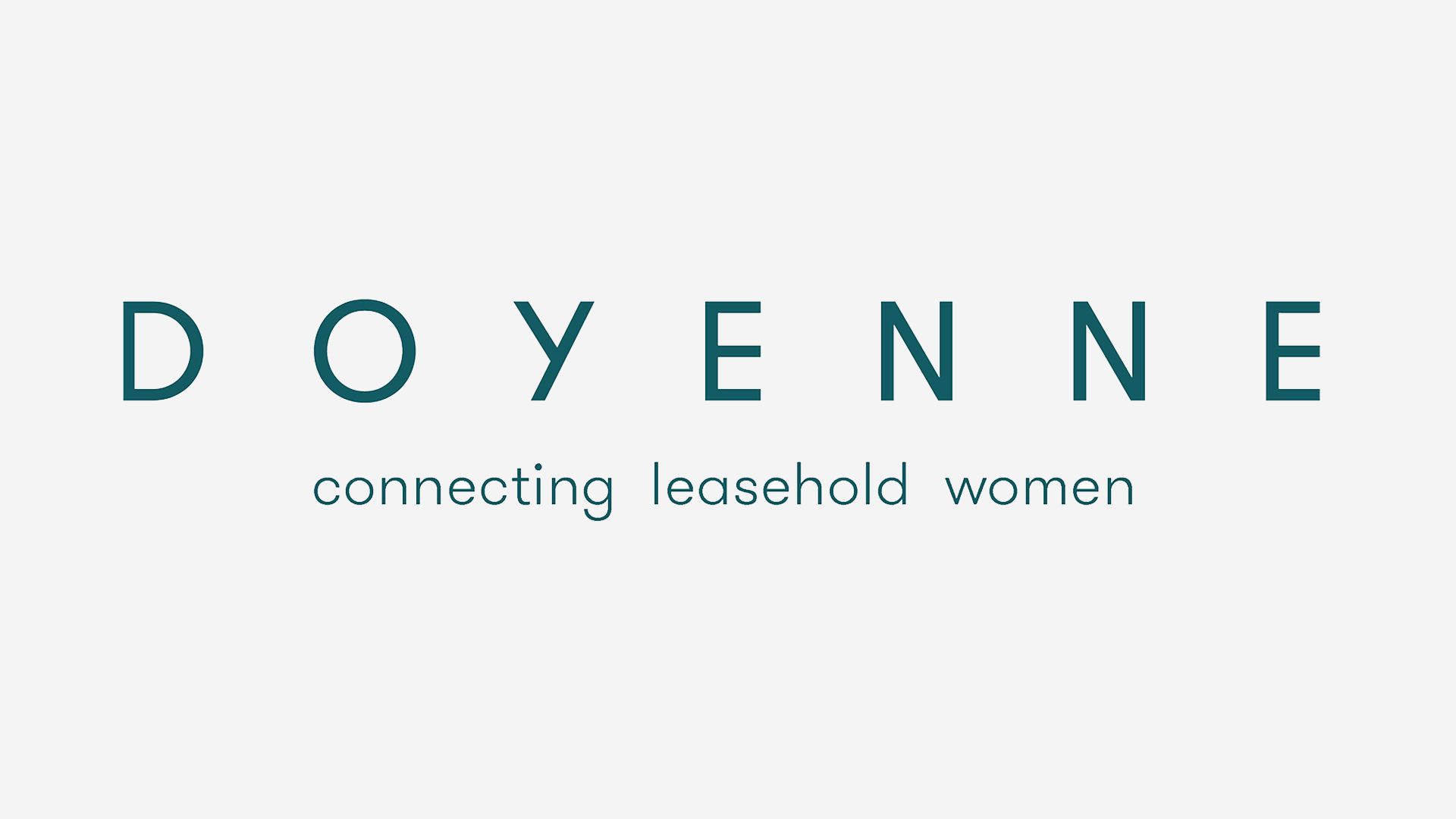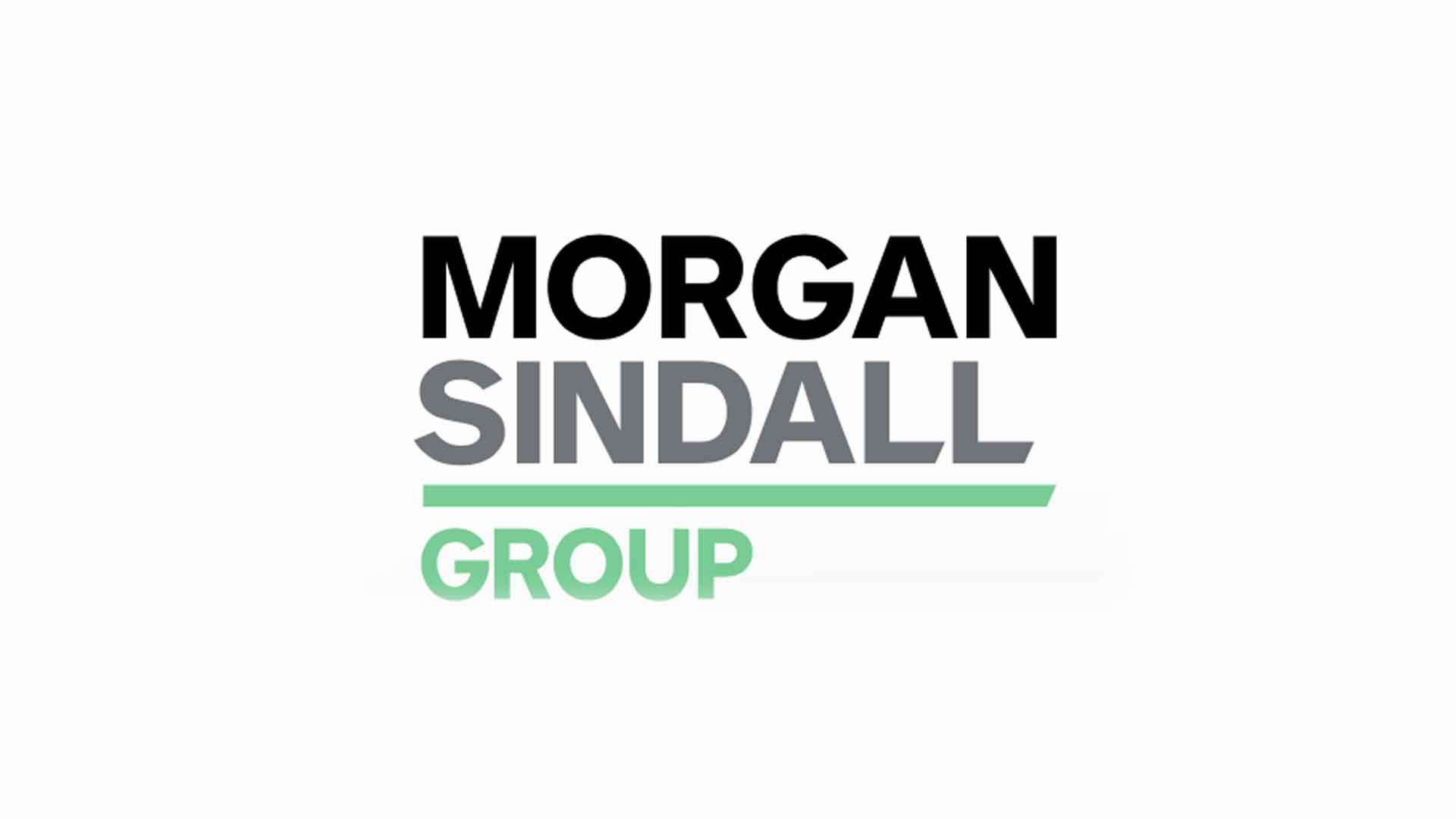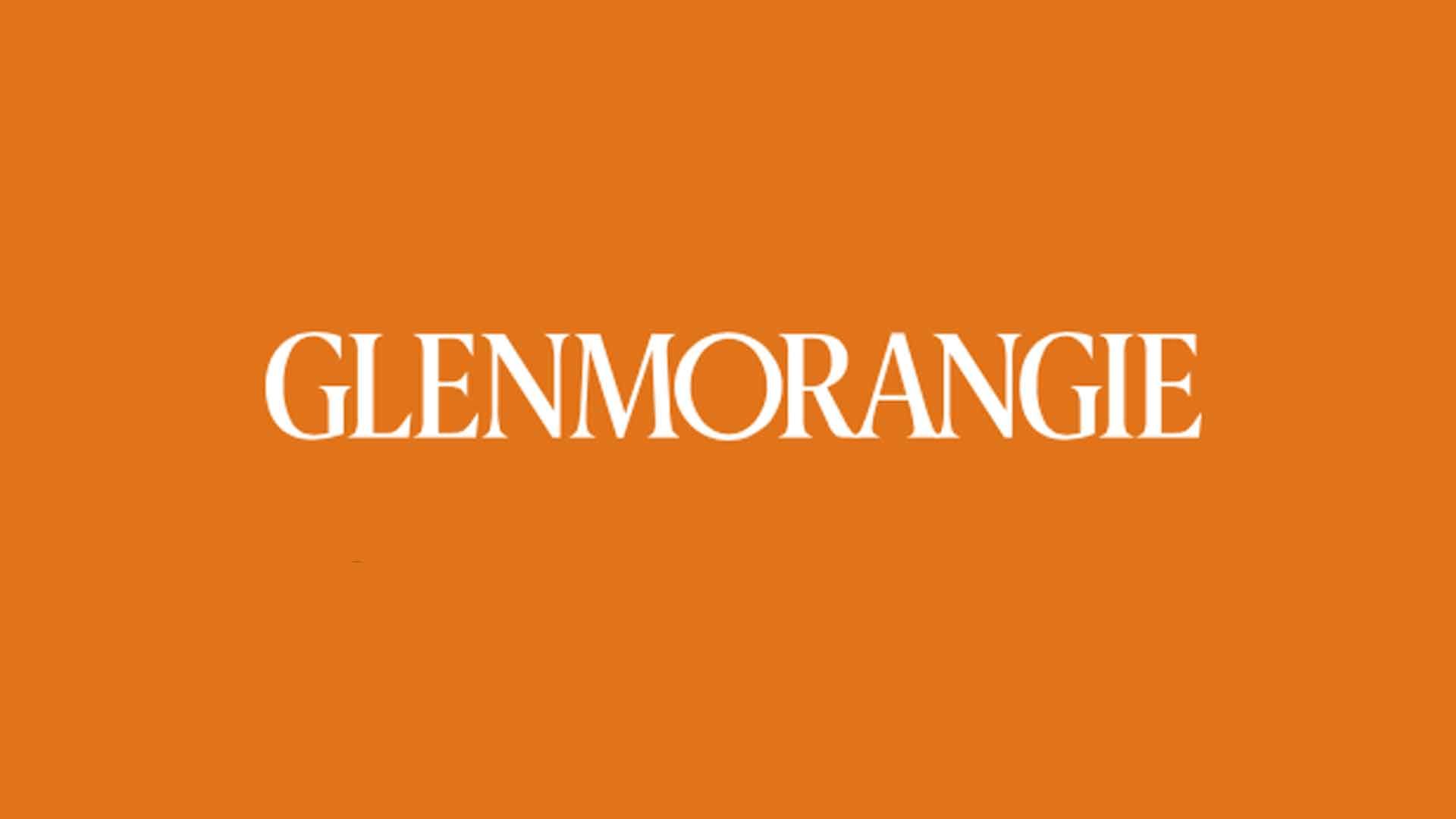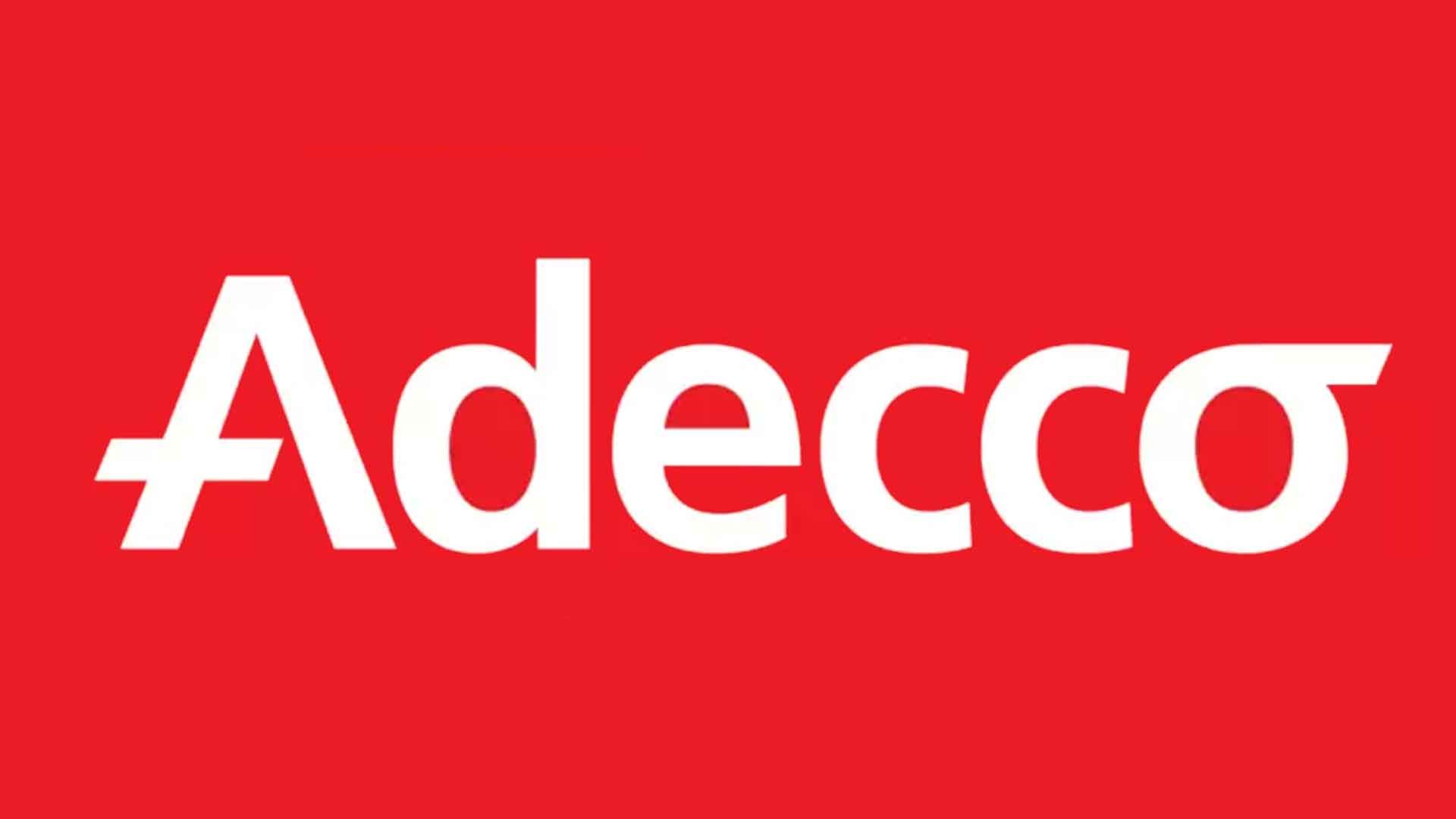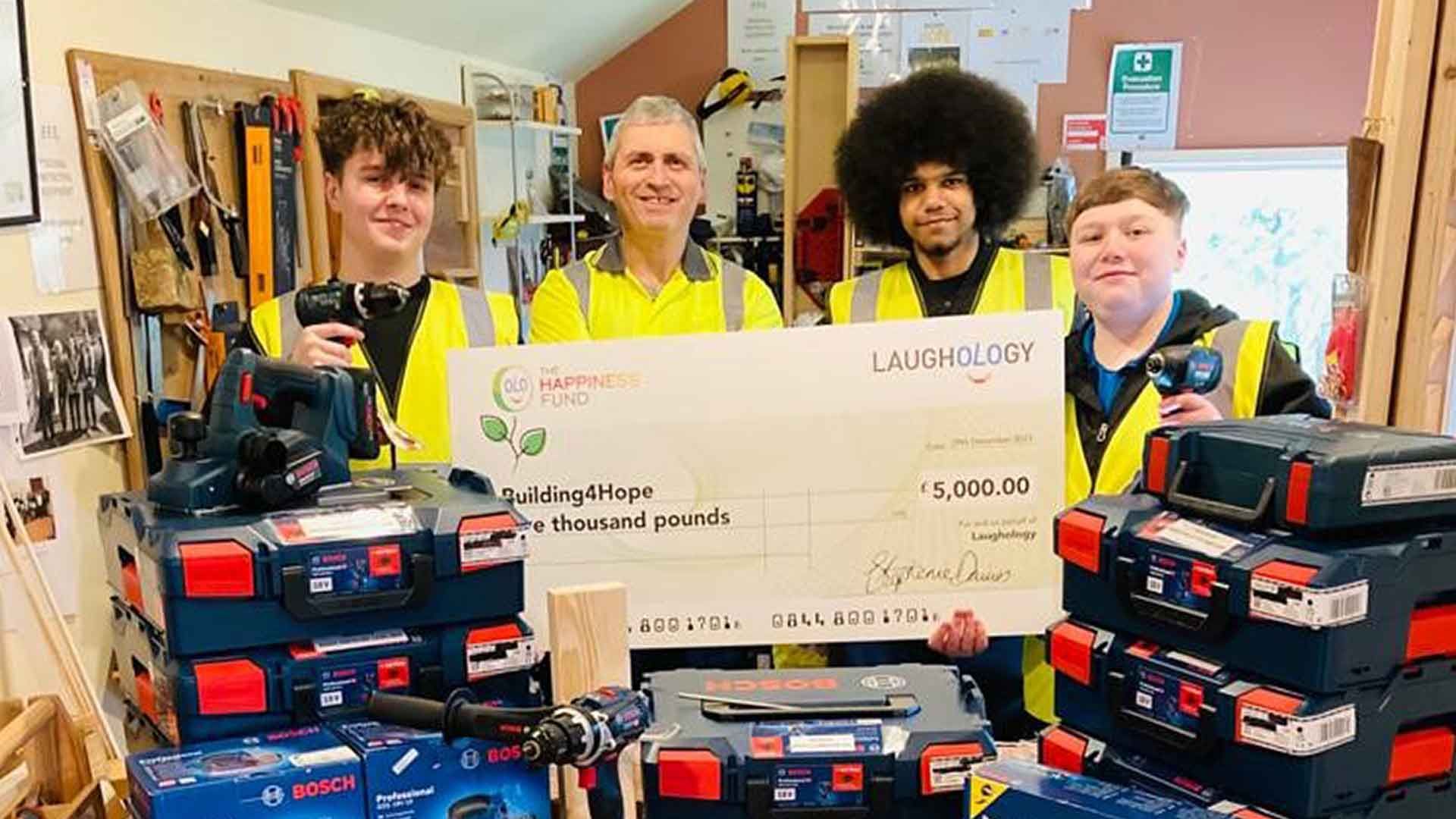The ten most commonly used toilet paper substitutes during the coronavirus lockdown
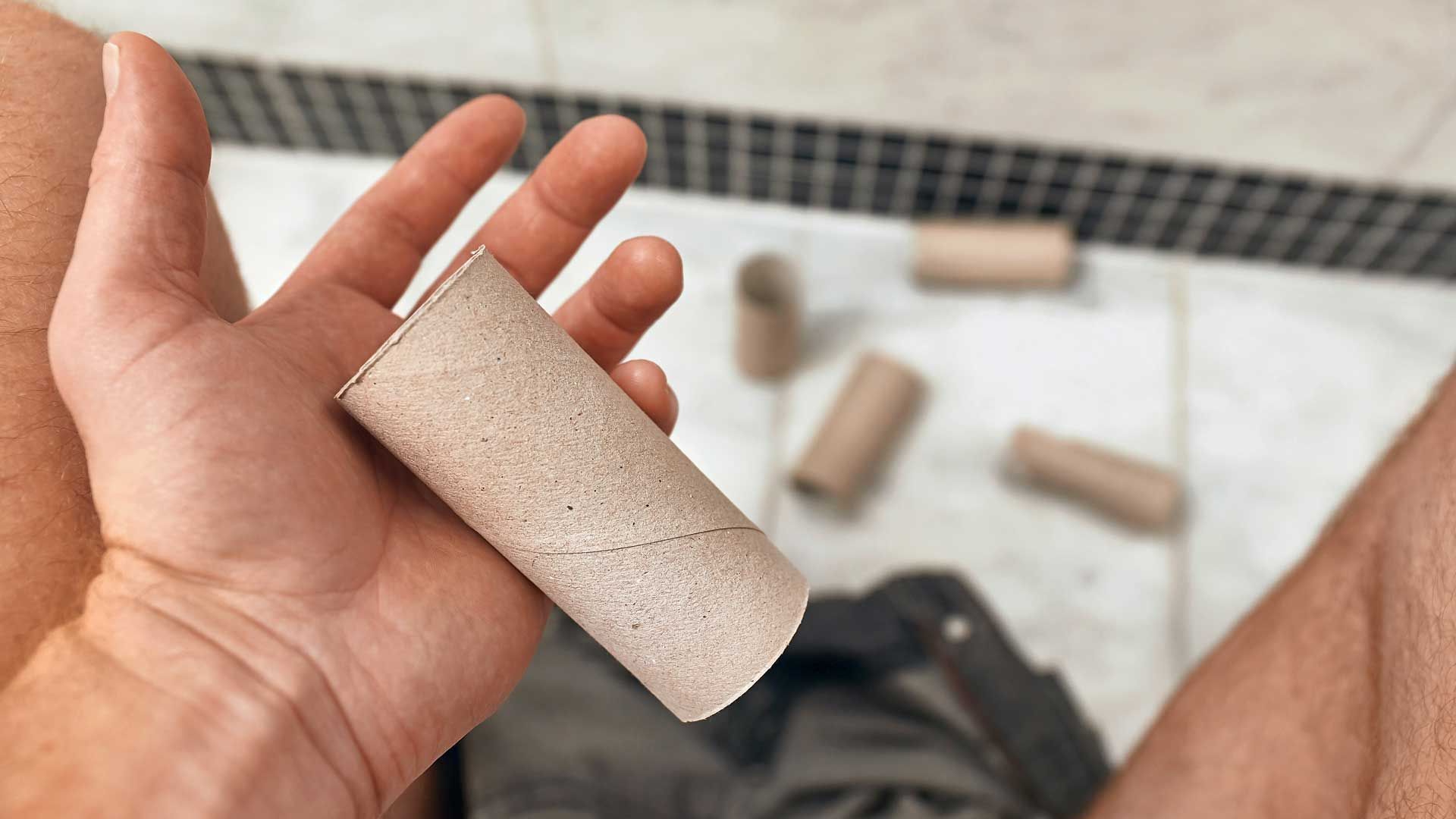
Exclusive Panic-Buying Research from Laughology and the Foundation of Organised Occupational Learning.
As Covid -19’s grip on the nation takes hold, Laughology has spent the last few weeks undertaking some vital research.
We have been fortunate that our studies have been supported by the Foundation of Organised Occupational Learning, enabling us to conduct interviews with over one hundred participants. Our interviews have helped us to understand a fascinating pattern in human behaviour. As the population continues its scrabble to secure the last batch of Andrex, we wanted to further understand how people are able to create, diversify and re-purpose in these unprecedented times.
Studies with the School of Hominid Integral Technologies
Recent statistics from the School of Hominid Integral Technologies backs up our research. It showed that 89% of the British public have developed a number of crucial strategies to help keep their back end up to the standards required during these testing times.
An official report, which will be released later this week, reveals the ten most commonly used substitutes for toilet paper in the extraordinary weeks since coronavirus hit our shores.
- Kitchen roll (33%) - all varieties were deemed acceptable. Results showed that those with a good, wide surface area were best. Most participants invested in Thirst Pockets, (described by one as, ‘the duvet of kitchen roll’) to absorb any posterior eruptions.
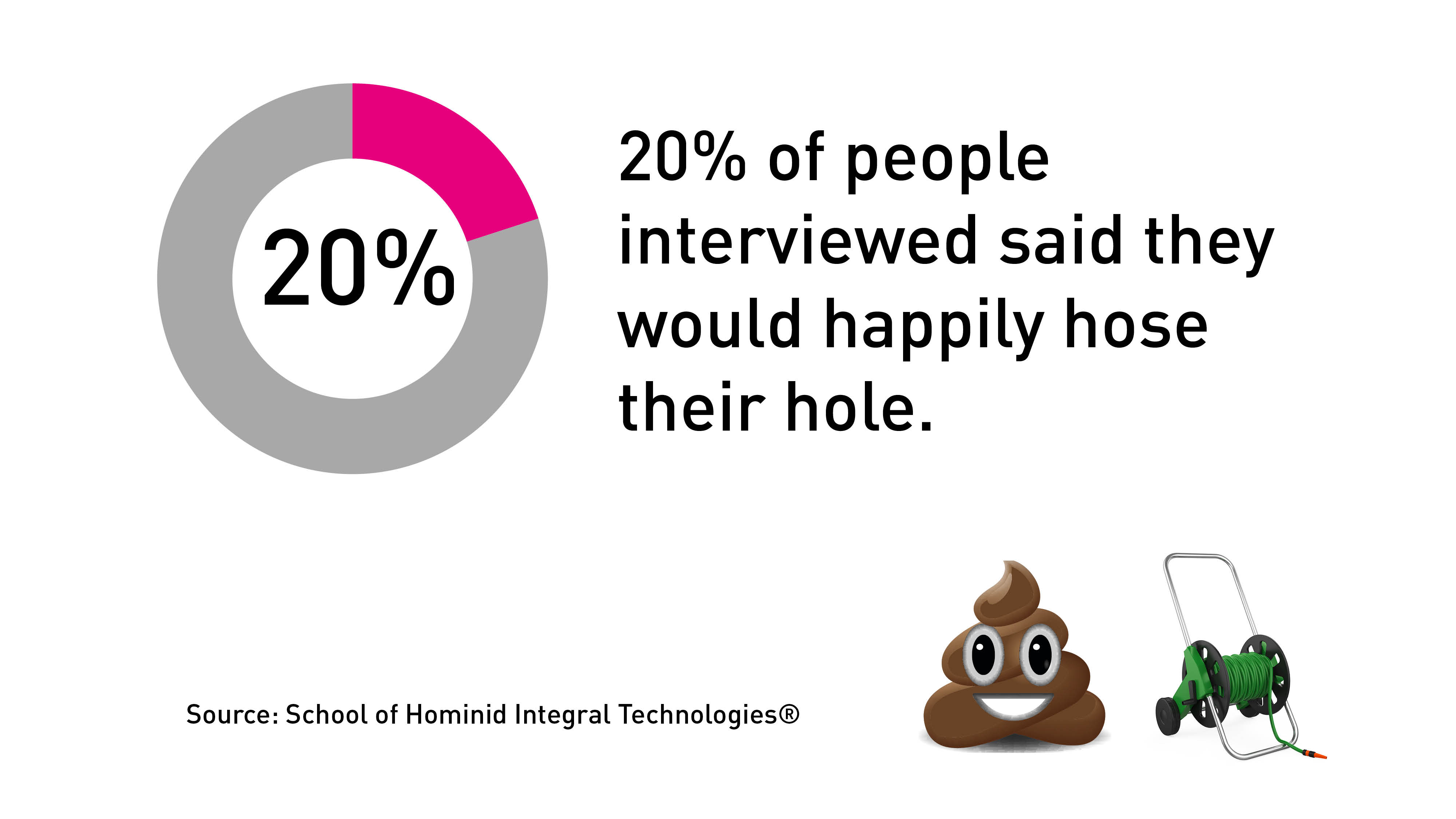
- Hosepipe (20%) - Favouring a paperless society, participants wanted to get right to the heart of the problem. No stone (or rather pebble) was left unturned. Interviewees claimed that they were left clean as a whistle, as well as colonically irrigated, but sadly off their neighbour’s Christmas card list.
- Baking paper (16%) – Participants were seeking a retro feel here and found that a sheet of baking paper immediately transported them back to their school days. Memories of tracing paper moving their detritus around in circles overcame any wonders as to why they were getting nowhere fast.
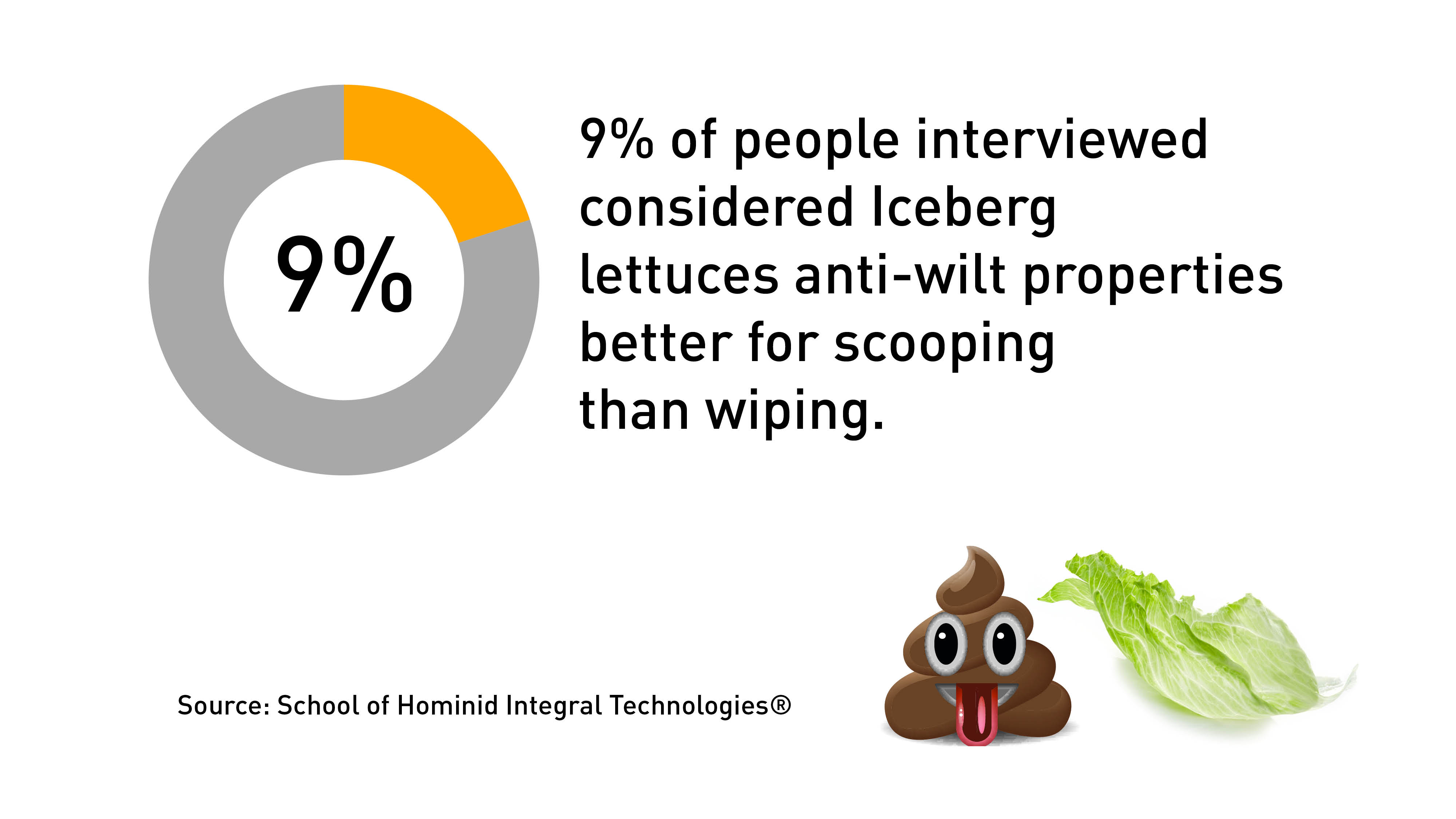
- Iceberg Lettuce (9%) – Of those we interviewed, some found that, providing you use a nice, sizeable leaf, this was a useful strategy. One applicant was quoted as saying, “If it’s been in the fridge, it will provide you with some cool, comforting relief during these difficult times.”
- Lasagne sheets (7%) – Research shows that necessity is the mother of invention. The key here (if unable to get any of the fresh variety) is to soak each sheet in water to soften it. Some participants found that, used well, they could utilise both sides, rinse it off and get at least three goes out of each sheet.
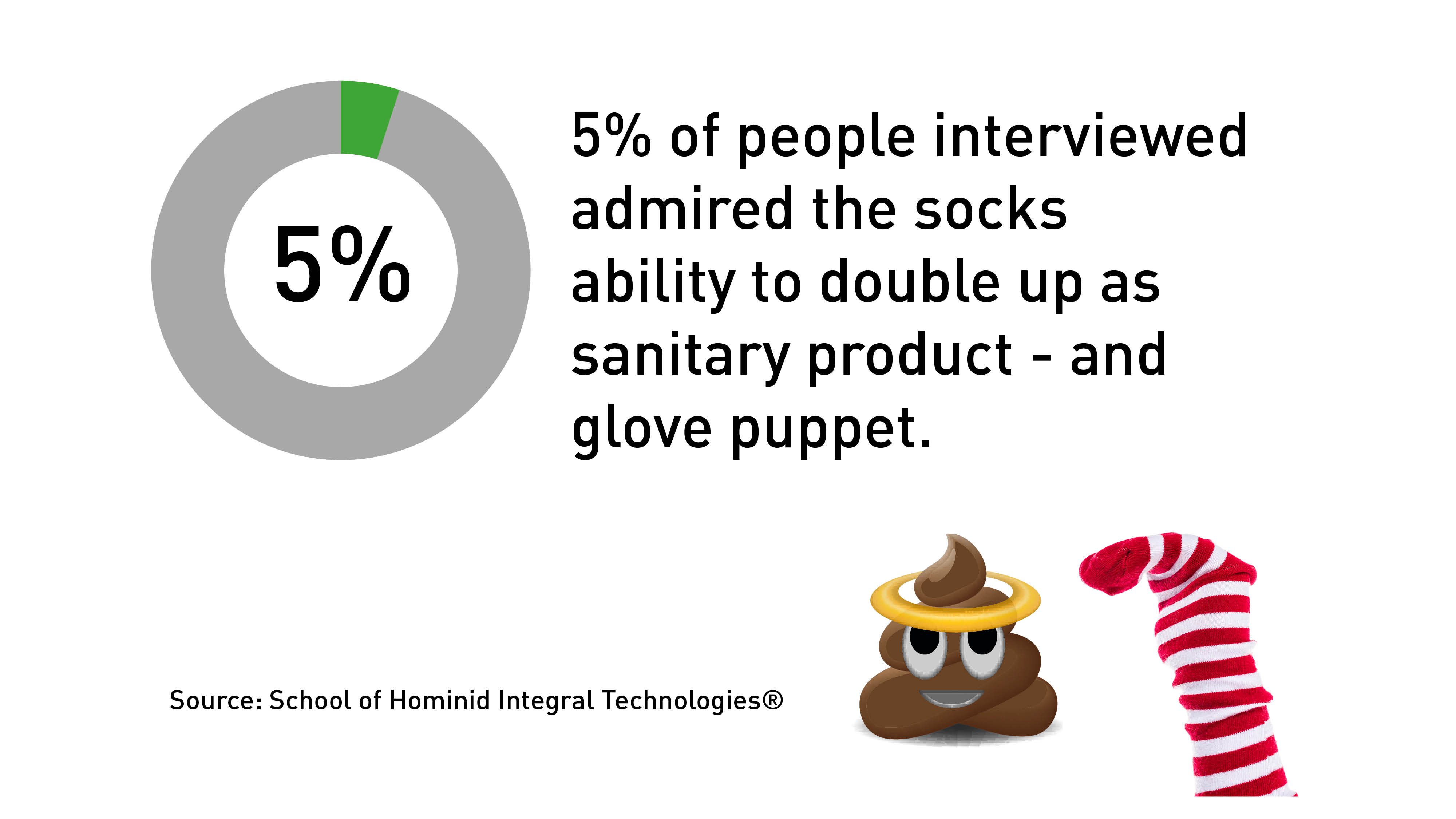
- Socks (5%) – Many of those we spoke to were quick to acknowledge that their chances of getting their hands on a toilet roll, tin of beans or paracetamol over the past few weeks were next to zero, yet they still had access to socks. Most found them pliable, opting to wear them like a glove. But the best part of it was that they could go straight into the washing machine after use.
- Sandpaper (4%) – Participants who used this strategy were keen to point out that sandpaper is only rough on one side. The other side is as smooth as a baby’s bottom and can be cut to an applicable size.
- Fajita wraps (3%) – One of the benefits of this option seemed to be the variety of sizes and textures. Wraps could also be torn into handy sized strips, were stronger than participants first thought and could even be frozen, which prolonged the shelf life.
- Sponges (2%) – Most households have one of these lying around in the bathroom or perhaps for cleaning cars. Sponges could be cut to size, were extremely hardwearing and could last a lifetime. Not to mention they can be rung out time and time again – important for our current environmental challenges.
- Old Carpet (1%) - Our least popular strategy seemed to be for those who like to combine their sanitary habits with a workout. Volunteers found a bit of old carpet and once they had ‘dropped the kids off at the pool’, were able to use the offcut like a dog would, bum shuffling up and down until clean, or someone had shouted at them.
Results from across the UK
But this isn’t just an isolated phenomenon that we’re facing in England.
Our results also show that, in Scotland, 25% of people are displaying ‘shy bowels’, brought on by a severe lack of veg in their diet, whilst a whopping 75% are ploughing on with the traditional ‘stop and drop’ manoeuvre adopted by kilt wearers.
In Wales, the vast majority have continued to wipe the bottoms on anything remotely connected to England. In Ireland, Mrs Brown’s Boys has taken on a whole new meaning.
Our report goes on to say that ‘people from the North’ are used to toileting outside and are quite comfortable re-purposing a wheelie bin as a make-shift commode. One participant is quoted as saying, “We’ve been calling the litter tray a ‘Kitchen ensuite’ for the last fifteen years.”
In stark contrast, the research from both our work with F.O.O.L and the independent questionnaire done by S.H.I.T, shows that people from the south are often shyer in their toilet behaviour, mostly defecating behind closed curtains - great for privacy, but not so good for the curtains.
Keep Clean and Carry On
As you can see from our report, this is fast becoming a global issue. People are being forced to come up with new and inventive ways to keep clean and carry on. It seems that there is really only one takeaway: Wipe on or wipeout, the choice is in your hands.
Terms and Conditions
To continue our unique research, we would be very interested to find out what other ingenious ways you have created to keep your derrieres clean (other than toilet roll). We guarantee there will be a prize for the funniest/most creative.
Please send you photos to: www.thisisamadeupcompetition.com.org.uk
